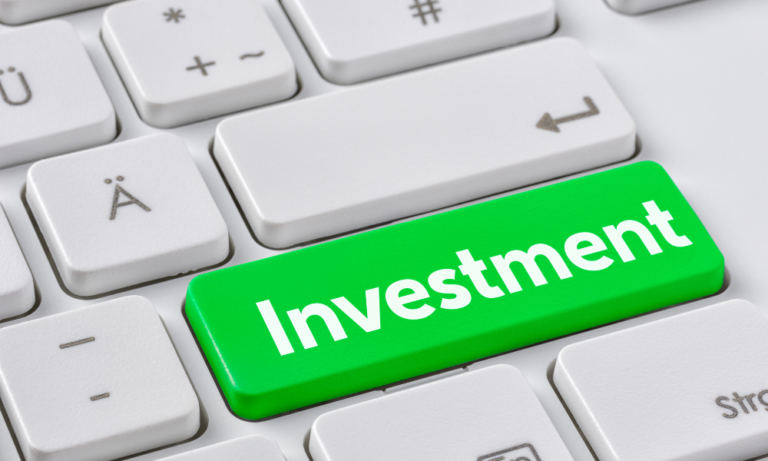What Do I Need To Know About Selling My Business?
What is a business worth?

A question an accountant is often asked with no definitive answer except what someone is prepared to pay for it. However that is perhaps too simplistic as there are a number of clear drivers to enhance value. Selling a business in one sense is no different to selling a house, in that it can be “dressed” to sell.
Presented in the right light, at the right time with potential upside, for a buyer (always important that there is more to be gained) you will attract more than one buyer and hence the price will rise. A single buyer probably means they are dictating price!
Usually the value of a business is based on two factors:
- Earnings potential
- Risk
By definition therefore improving both areas will increase value. Typically small businesses at the moment are selling for 3 or 4 times earnings before interest, tax, depreciation and amortisation (EBITDA), although this is perhaps again an oversimplification. Basically, the level of risk in a business affects the multiple applied to earnings.
The lower the inherent risk in a business the better the multiple might be. For example sales are £500,000 but one customer is 75% of this. Clearly there is a lot more risk in this company than if the sales were split evenly over say 25 customers.
Other risk areas to improve might be as follows:
- Are key staff contracted and happy? (look at securing key staff via incentives, share options, bonuses to ensure an orderly handover of business)
- Improve quality and number of customers (more than half your customers exceeding credit terms does not look good on due diligence)
- Secure contracts and orders (as much as you can pre sale)
- Ensure stock is saleable (not obsolete or slow moving)
- Ensure assets are fit for purpose (and can meet forecast demand post sale)
- Ensure no issues with property leases (Ideally a clean new lease with no dilapidation issues in the run up to a sale is much better than trying to assign a run down property with 12 months left on the lease and inherent liabilities and refit costs looming)
The main message therefore is, look very closely at all areas of your business and remove or mitigate key risks as much as possible prior to a sale. The next part of the equation is improving earnings.
There are two parts to this. Firstly when presenting past numbers to a prospective buyer highlight any special or non-recurring items, i.e. one off pension payments, large recruitment fees, salaries not required in the future (family members who will not remain with the business) etc.
The point is to highlight a smooth and improving profit trend prior to a sale having removed any non recurring items.
The second part is to concentrate on demonstrating that the profit level will at least continue as now and to illustrate areas for growth, improvements, cost savings etc. There needs to be an upside for a buyer to enhance earnings.
If you give the impression that everything is run at maximum efficiency a buyer may be deterred as there are limited gains to be had.
Example: You now have profit of £100,000 and multiple of 3 i.e. £300,000 of value. If we can demonstrate profits achievable at £150,000 going forward, and multiple of 4 because of improved risk – the value has now doubled to £600,000.
Of course there are a few other areas to consider in addition.
For instance you may have a valuable freehold property on the balance sheet which is worth considerably more than book value and this will have an influence on price if included in the sale. You will need to consider “surplus” cash balances in the business as well. The temptation is to remove pre-sale as a dividend but you may be taxed at higher rates.
Consider adding to the price to benefit from Entrepreneurs Relief at 10%, although care needs to be taken in the presentation of this.
Finally all of this information needs to be highlighted in a clear and fully documented sales memorandum, demonstrating why the business is a must buy and you should seek assistance from someone with corporate finance experience to assist you. Several buyers interested in a competition situation will then drive the price a little higher, much like selling that house!
Adrian Price is Partner at Menzies LLP – one of the UK’s largest regional firms of accountants and advisers to privately owned businesses.



